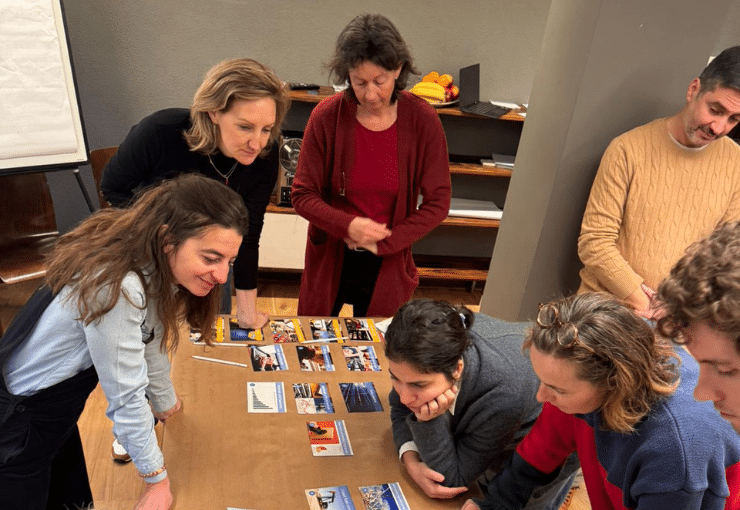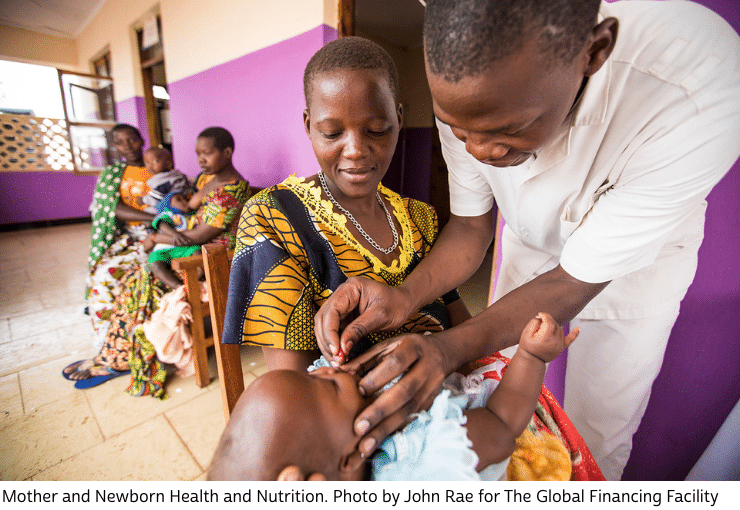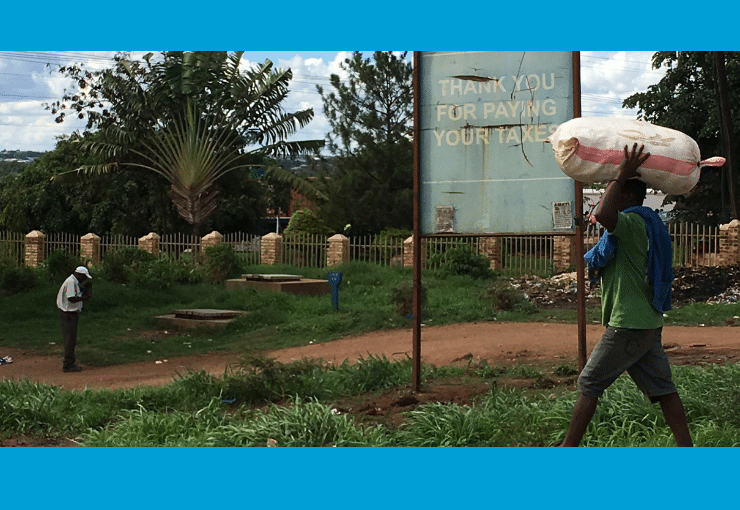Country experience shows that Public-Private Partnerships in healthcare (involving commercial actors) bear high costs and can hinder rather than help progress towards universal access to healthcare, and fail to reach the most vulnerable. Yet, global actors are increasingly promoting such partnerships in low- and middle-income countries – a cause of concern for civil society. On February 25th, Wemos and the Kampala Initiative co-hosted the webinar ‘Public-Private Partnerships and commercialisation in healthcare: donors, profit and people’ , during which speakers from civil society discussed their concerns.
Wemos’ global health advocates Marco Angelo and Barbara Fienieg shared findings on Public-Private Partnerships (PPPs) in healthcare service delivery and financing, and on Dutch Aid & Trade in Health in Africa. In short, PPPs transform public health services into private assets with domestic (and sometimes international) state support to generate revenue for the private investors. “The problems around PPPs are all related to the high levels of private financing involved,” said Marco. “We know there is a better way to achieve Universal Health Coverage (UHC): by promoting public healthcare.” He highlighted the need for a different approach in the development of healthcare systems to close inequality gaps in health access.
The ‘efficiency myth’ of the private sector
“One of the reasons that the private sector gets ahead and is lauded, is this myth of efficiency – the idea that the private sector performs services better than the government,” Leah Eryenyu (Akina Mama wa Afrika) explained during the webinar’s opening. “But the truth of the matter is that this [lack of inefficiency] is not entirely different in the private sector. And the challenge with this thinking is that then we will dedicate most of our time and resources in the private sector, instead of fixing the public sector. Public-private partnerships will not deliver the global goals, they will not deliver UHC, and they will most certainly not deliver gender equality. And because of that we need to challenge their proliferation!”
Accountability
Allana Kembabazi (Initiative for Social and Economic Rights) spoke about how the poor are left behind when public health systems are undermined in favour of PPPs and how it undermines the government’s relationship of accountability with its citizens: “When the government decides to gradually move itself out of the equation and outsource its responsibilities, particularly with regard to ensuring the equitable provision of essential services like health, the poor are left behind. It also undermines the relationship of accountability with its citizens.” She cited ISER’s research on the Reproductive Health Voucher project in Uganda, supported by the World Bank, showed how essential reproductive health services first became a costly commercial commodity and was then wound up. “Ultimately, poor mothers were left behind again.”
Civil society determined to raise their voice
The webinar was highly interactive, with 80 enthusiastic representatives from different civil society organisations worldwide – especially from Africa. Many organisations commented that there was an urgent need to raise a voice against the risky push for PPPs in healthcare, and to promote public healthcare instead. Denis Bukenya (Human Rights Research Documentation Centre): “Even our politicians are not aware of the challenges and dangers of PPPs in healthcare beyond the first seemingly attractive stage. We need to inform them.”
- To watch the recording of the webinar and find the webinar’s resources, please visit this page (click here to go straight to the recording).
- Look out for Wemos’ upcoming publication on PPPs in healthcare, due March 24th 2021. *Update: read our publication ‘Risky business’
- Read more about the Kampala Declaration here, which Wemos endorsed last year.




